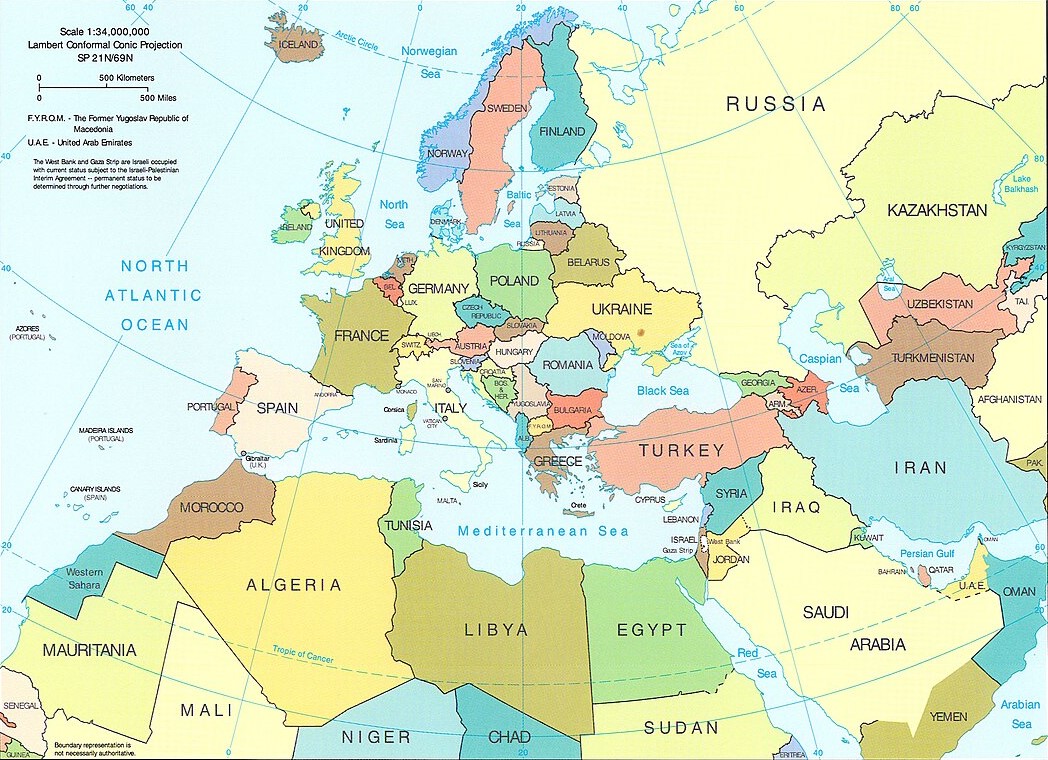
Geopolitics and Geography: A Realigned EU Strategy for Stability in the Middle East and Eastern Mediterranean

- EU and strategic partners,
- EU strategy and foreign policy,
- Europe in the World,
- Middle-East / North Africa,
The new EU Commission should commence its geopolitical thinking by acknowledging that geography is not kind to those who ignore her. The new European Parliament has the unique opportunity to become perhaps the first geopolitical parliament through a similar process. States, political leaders and societies ignore their geographic realities at their peril. Perceptions of location, distance and neighbourhoods can be dangerously distorted when they drift too far off from actual geographic realities. Digital technology, ease of air travel (bypassing the unpleasant geographic realities on the ground), combined with over three decades of peace in Europe, and 50 years in the Middle East, have created the distorted perceptions that somehow Israel’s and Ukraine’s neighbourhood was liberal Europe. These collective perceptions, untethered from their geographic realities, eclipsed perhaps the fact that both have neighbours with whom they have been at differing degrees of long-simmering conflicts. In reality, however, Israel and its neighbours have not succeeded at resolving the conflicts on its very borders, betraying the perception of peace. It is as if those neighbours with whom Israel has been in conflict had disappeared.
CLICK “VIEW PDF” BELOW FOR ACCESS TO FULL POLICY BRIEF
(Photo credit: Wikimedia Commons)